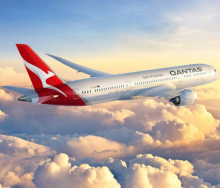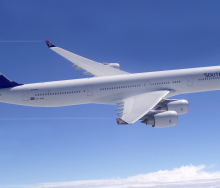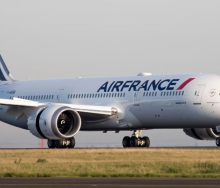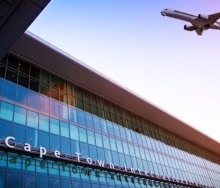IATA has reported that global airlines’ total demand, measured in revenue passenger kilometres (RPK), was up 7,1% in October compared with October 2023.
African airlines saw a 10,4% year-on-year increase in demand.
Global total capacity, measured in available seat kilometres (ASK), was up 6,1% year-on-year, while African airlines’ capacity increased by 5,3%.
The global industry's load factor reached 83,9% in October (a 0,8 percentage point increase on October 2023), while African airlines’ load factor rose to 73,2% (a 3,4 percentage point increase).
“Continued strong and stable demand is good news, but just as important is the steady improvement in load factors. It shows what a great job the industry is doing in flying people more efficiently,” said Willie Walsh, IATA DG.
“Average seat factors have risen from around 67% in the 1990s to over 83% today. Politicians thinking of taxing passengers off planes to reduce emissions would do well to note this. Even if fewer people fly because taxes make it too expensive, it doesn’t automatically mean reduced emissions because the planes will still fly, just with fewer passengers. That would reverse decades of hard-won progress. We need to see the planes full to generate travel's economic and social benefits with the most minimal emissions possible,” Walsh concluded.














